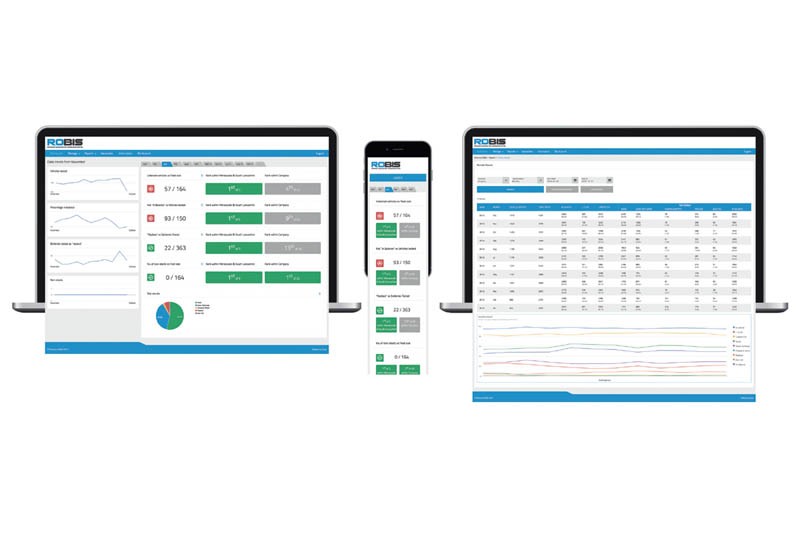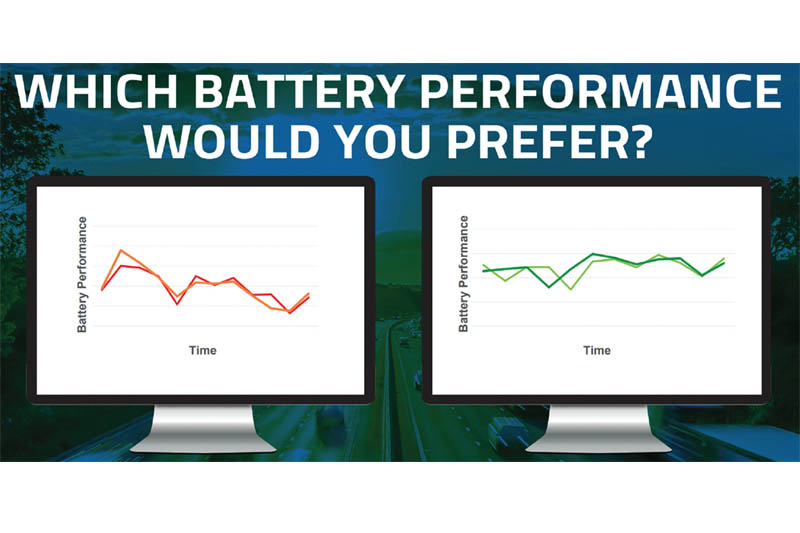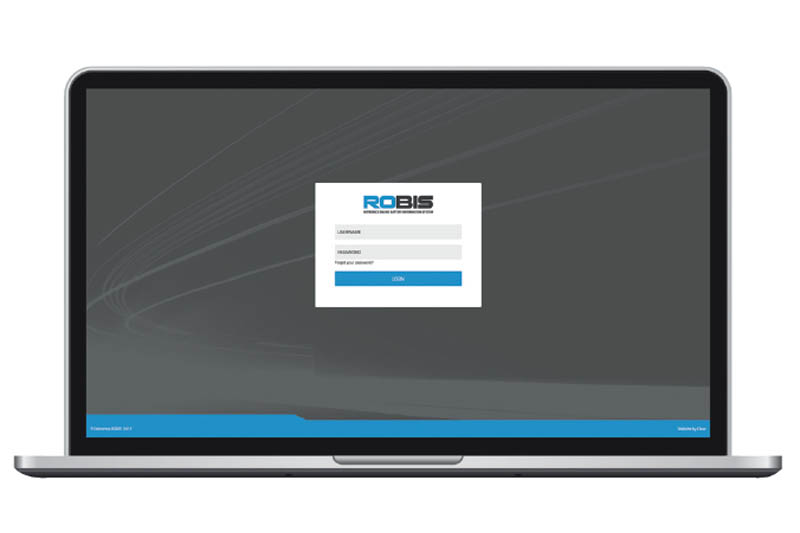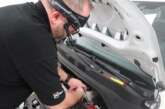
Diagnostics is all about analysis and detection, looking at signs and symptoms using a series of tests. Ken Clark, Managing Director of Rotronics, explains why it’s important to understand what you want to do with the information that you gain during a diagnostic test.
Rotronics, the UK’s battery management experts, work nationally with fleet customers across all sectors using its diagnostic ROBIS tool, which evaluates the overall performance of fleet batteries, in respect of their health, recharge or replacement requirements, and in-balance status. ROBIS provides an essential view of workshop battery management practices, capturing data and analysing the efficiencies and effectiveness.
Figuring out what to do with the data gathered is essential. If action is not taken following diagnostic testing, then a problem will not change and improvements will not be achieved.
Investigating the issue
ROBIS highlights issues and provides factual proof of battery problems and incorrect fleet workshop practices. Instead of not knowing why technicians are dealing with too many roadside defects, jumpstarts, and building up a lengthy list of expensive and avoidable battery related issues, managers can now see exactly what their problems are. But, the clever bit is driving behavioural change in workshops, providing solid proof as to why this change is necessary.
Using ROBIS data, Rotronics knows that, for the period from January 2020 to May 2021, in a national distribution fleet which uses light and heavy vehicles, only 38% of vehicle batteries are in a good state of charge. 47% of those batteries need a recharge, 14% need to be replaced, and only 20% are in a balanced state.
The financial implications of the reasons for this data are significant and Rotronics has been able to provide its customers with solid facts to highlight the issues, so that they are now able to put some actions into place, to reduce battery-related spend, improve warranty claims, and workshop practices.
In all the vehicles that have been tested in the PSV sector over the same period, only 55% of the batteries are in good health, 30% need to be recharged, 15% need to be replaced, and only 44% of battery sets are ‘in balance’. So, that means that 45% need attention, i.e. charging or replacement.

In the previous 12 months, ROBIS has recorded over 187,000 PSV battery tests (until May 2021) and, of the 15,000 vehicles tested as part of routine maintenance, around 40% of these vehicles would have experienced a roadside defect if left undetected.
The hidden cost
In an imaginary fleet of 100 buses, if we assumed a cost of approximately £200 to deal with each roadside non-start, the overall cost would be in the region of £8,000 annually. The cost of replacing two batteries per vehicle would be additional to this, at a cost of around £300 for two batteries. That totals £12,000 for battery replacement costs. Add that to the non-start budget and it amounts to £20,000 annually for this 100-vehicle bus fleet.
Having clear diagnostics for fleets has always been essential and Rotronics’ customers now have credible data on which to base significant workshop changes and implement testing and charging regimes for every vehicle entering the workshop. The ROBIS diagnostic has really focused these workshop teams to ensure that they reduce their battery-related spend.
Rotronics knows from extensive ROBIS research and analysis that simply having the diagnostic capability within the workshop is only half the story.
Every workshop these days has an arsenal of diagnostic capability, however, consider what this means if we do not know how or when such equipment is put to use, and what impact and improvement this can have if applied across workshop output.

Getting technicians to follow the process of proactive testing and remedial charging can be a challenging and demanding task. However, if we consider the benefits of how this impacts on battery performance and vehicle reliability, the reality says it all.
Combining the strength of an effective, proactive battery management programme and the diagnostic visibility that ROBIS delivers, ensures your workshop teams can identify, action, and maintain your workshop diagnostic capability and improve vehicle reliability with confidence.








